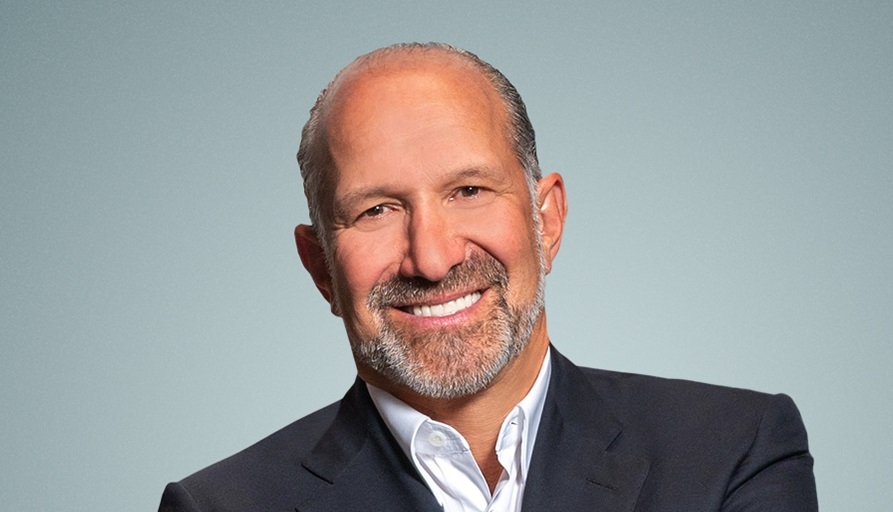Data key to climate transition business case – BlackRock

Managing complex data sets is crucial to developing the investment case for climate transition focussed strategies, a senior manager at BlackRock has suggested.
Speaking in a fireside chat at the FOW Trading Singapore conference, the head of iShares distribution for Asia at Blackrock said the ability to understand and deploy fragmented data is important as investors look to optimise their climate-focussed portfolios.
“A lot of forces are shaping the economic transformation coming from the transition, and this can lead to different outcomes for investors,” Christian Obrist said. “There is so much data out there - you have to be able to make sense of it, to break it down to help hone in on your objectives.”
He said some segments had been more effective than others in managing their objectives.
“It is still early days, but the insurance sector really sticks out as a leading part of the client segments, and we see more pledges and commitments being made to net zero,” he added. “So, this is real, this is not just a fad. There is a real movement happening.”
Simon Brailey, head of APAC Index Product at MSCI, agreed more sophisticated data benchmarks have increased the level of complexity in climate-led investment strategies.
“There has been an uptick in the level of sophistication in terms of how investors are managing climate risks,” Brailey said. “We have developed far beyond just stripping high-emitting companies out of portfolios. The level of data that is involved now in terms of managing climate risks has amplified significantly and MSCI has evolved our product shelf to match the increasing needs of investors.”
He pointed to the MSCI climate action index product suite, which allows investors to maintain the depth of their investment across sectors within their portfolios.
“What our Climate Action Indexes are designed to do is to represent the performance of companies that have been assessed to lead their sector peers in terms of their positioning and actions relative to a climate transition,” he added. “This methodology allows investors to stay invested across all sectors. It includes companies that are taking action and decarbonising over time.”
The head of product strategy and development, markets at Singapore Exchange (SGX) called for action to accelerate implementation of transition plans across the region.
“Asia accounts for half of global carbon emissions, with fossil fuels powering 85% of the region’s energy,” Laurent Poirot said. “This makes Asia a pivotal region for transition capital inflows. Climate is definitely top of mind for investors today. In order to drive real world decarbonisation in Asia, we need collaboration and efforts from regulators, corporates, asset managers, index providers, market infrastructure firms and all key economic agents to put in place credible transition plans.”
Obrist agreed, saying the shift represented a tangible investment opportunity.
“People often think that the transition only matters to institutional investors, but it matters to all types of investors,” he said. “The best way to think about it is as an investment opportunity – almost like a megatrend.”
Found this useful?
Take a complimentary trial of the FOW Marketing Intelligence Platform – the comprehensive source of news and analysis across the buy- and sell- side.
Gain access to:
- A single source of in-depth news, insight and analysis across Asset Management, Securities Finance, Custody, Fund Services and Derivatives
- Our interactive database, optimized to enable you to summarise data and build graphs outlining market activity
- Exclusive whitepapers, supplements and industry analysis curated and published by Futures & Options World
- Breaking news, daily and weekly alerts on the markets most relevant to you



